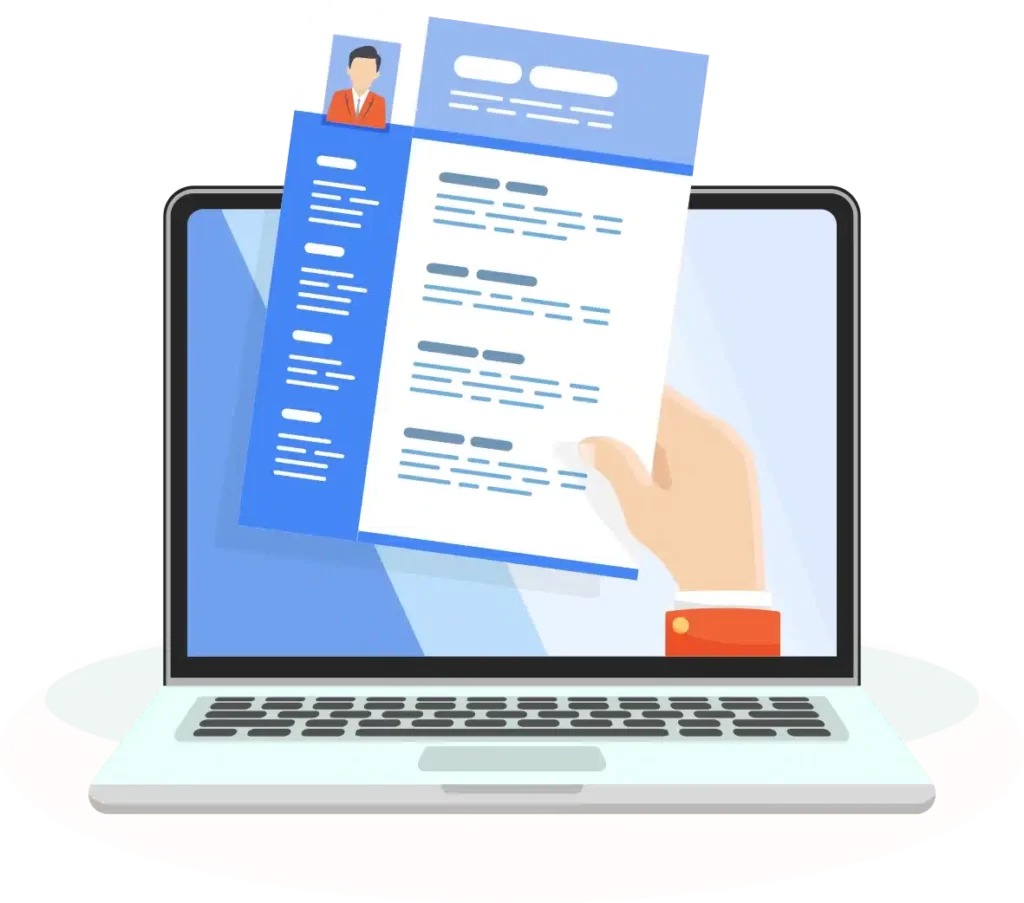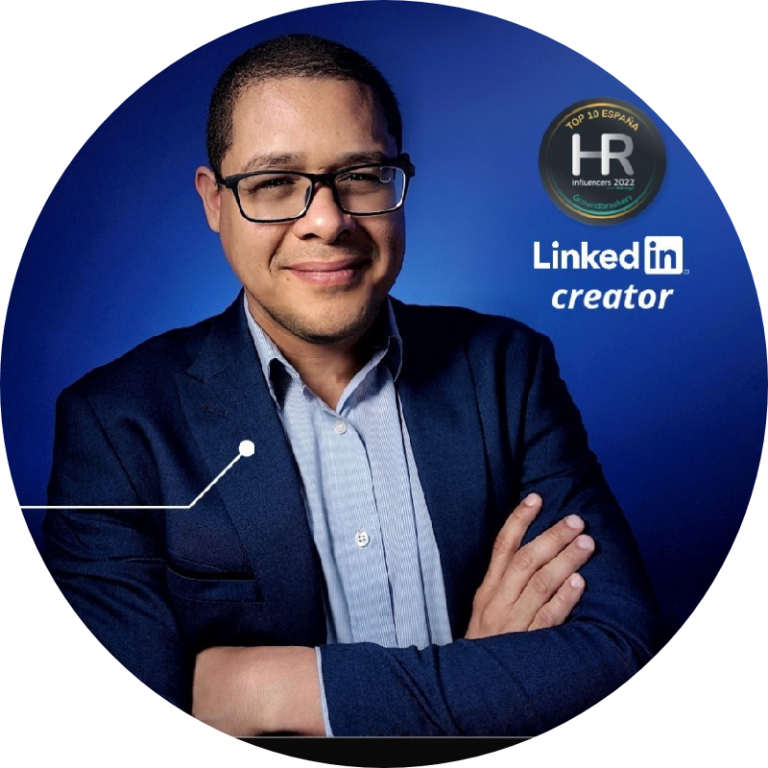The Job Interview Process in the Netherlands
Navigating the job market can be a daunting task, especially when it comes to the interview process. In the Netherlands, a country known for its progressive work culture and high quality of life, the job interview process has unique characteristics that differentiate it from other regions. This article will delve into several aspects of the job interview process in the Netherlands, providing insights, tips, and examples to help you succeed.
Understanding the Dutch Work Culture
A Direct Approach
One of the first things you will notice about the interview process in the Netherlands is the level of directness. Dutch people are known for their forthright demeanor, so it's essential to be straightforward in your communication. During the interview, you may encounter questions that seem blunt or intrusive to you. For instance, questions about your age, relationship status, or even beliefs may arise.
Understanding this trait of Dutch culture can help mitigate any discomfort you might feel. Remember that this direct approach is not intended to offend; rather, it reflects a cultural norm of honesty and transparency.
A Focus on Competencies
In the Netherlands, employers often prioritize competencies over traditional qualifications. This means that in addition to your educational background, interviewers will be keen on assessing your skills, personality, and whether you fit into the company's culture.
To prepare effectively, research the competencies that the organization values most. These may include teamwork, adaptability, and problem-solving abilities. Think about instances from your past experiences that demonstrate these qualities, as you will likely be asked to provide examples during the interview.
The Stages of the Interview Process
1. Application Submission
The first step is to submit your application, which usually consists of your CV and a cover letter. Many Dutch companies expect a one-page CV that includes relevant work experience and qualifications. Make sure your CV is clear and highlights your skills and experiences.
Tip: Consider tailoring your cover letter to reflect the specific job description and organizational culture.
2. Initial Screening
After reviewing applications, companies will often conduct a shortlist phase. If your application stands out, you may receive an invitation for a phone or video interview. This initial screening typically focuses on your general competencies and motivation for applying.
3. In-Person Interviews
If you pass the screening phase, you will be invited for one or more in-person interviews. These interviews may be conducted by HR personnel or future team members. Expect questions that delve into your past experiences and situational responses.
Example Questions:
- Can you provide an example of a time you faced a significant challenge at work?
- How do you handle constructive criticism?
While responses to these questions should reflect your experience, aim to convey your skills and how you've developed them over time.
4. Assessments and Tests
In some cases, particularly for roles that require specialized skills, companies may require candidates to undergo tests or assessments. These can range from practical skills evaluations to psychometric tests. Be prepared to demonstrate that you possess the technical abilities necessary to succeed in the role.
5. Final Interview
The final stage may involve a meeting with top management or the hiring manager. This interview focuses not just on job-related competencies but also on cultural fit. At this point, it is vital to ensure that your values align with the company culture.
Tip: Research the company's mission and values beforehand; this can significantly improve your chances of leaving a positive impression.
6. Job Offer and Negotiation
If everything goes well, you will receive a job offer. This is typically when negotiations regarding salary and benefits take place. Be informed about standard salary rates for your role to confidently discuss your expectations.
Common Interview Formats
Behavioral Interviews
The behavioral interview format is common in the Netherlands. Interviewers will ask you about your past experiences, focusing on how you've handled specific situations. This is designed to predict future behaviors based on past actions.
Tip: Use the STAR method (Situation, Task, Action, Result) to structure your responses effectively.
Competency-based Interviews
Related to behavioral interviews, competency-based interviews are structured around specific competencies relevant to the role. You may be asked to provide examples demonstrating these competencies during your response.
Example Competencies:
- Communication
- Teamwork
- Adaptability
Panel Interviews
In some cases, you might be faced with a panel interview where multiple interviewers ask questions simultaneously. This format can be intimidating, but remember to maintain eye contact with all panel members and engage with each of them as they pose their questions.
Recommendations for Success
Prepare and Research
Preparation is key. Conduct thorough research on the company, its culture, and its values. Familiarize yourself with the job description and align your skills with the requirements stated therein.
Resource Tip: Websites like Glassdoor can provide insights into interview experiences from past candidates.
Showcase Relevant Experience
It's essential to tailor your responses to reflect your relevant experiences. Use examples from your previous roles that showcase your competencies and skills. This not only demonstrates your capability but also your potential fit within the team.
Be Yourself
While it’s vital to present your professional self during the interview, don't forget to be authentic. Employers in the Netherlands appreciate sincerity. Share your genuine thoughts and feelings about the role and the company.
Follow Up After the Interview
After the interview, consider sending a brief thank-you email to express your appreciation for the opportunity to interview. This small gesture can help reinforce your interest in the position and keep you fresh in the interviewers' minds.
Conclusion
The job interview process in the Netherlands blends straightforwardness with a focus on competencies, making it crucial for candidates to prepare thoroughly. By understanding the cultural nuances, knowing what to expect at each stage, and being thoughtful in your approach, you can set yourself up for success in securing a job in this vibrant country.
If you're looking for a remarkable CV to complement your interview strategy, we have an effective CV template based on the Harvard model, complete with guides and recommendations for drafting it. Download it here and take the next step in your career journey!





